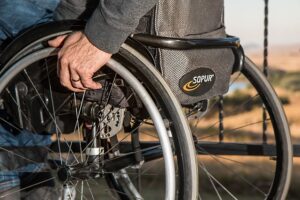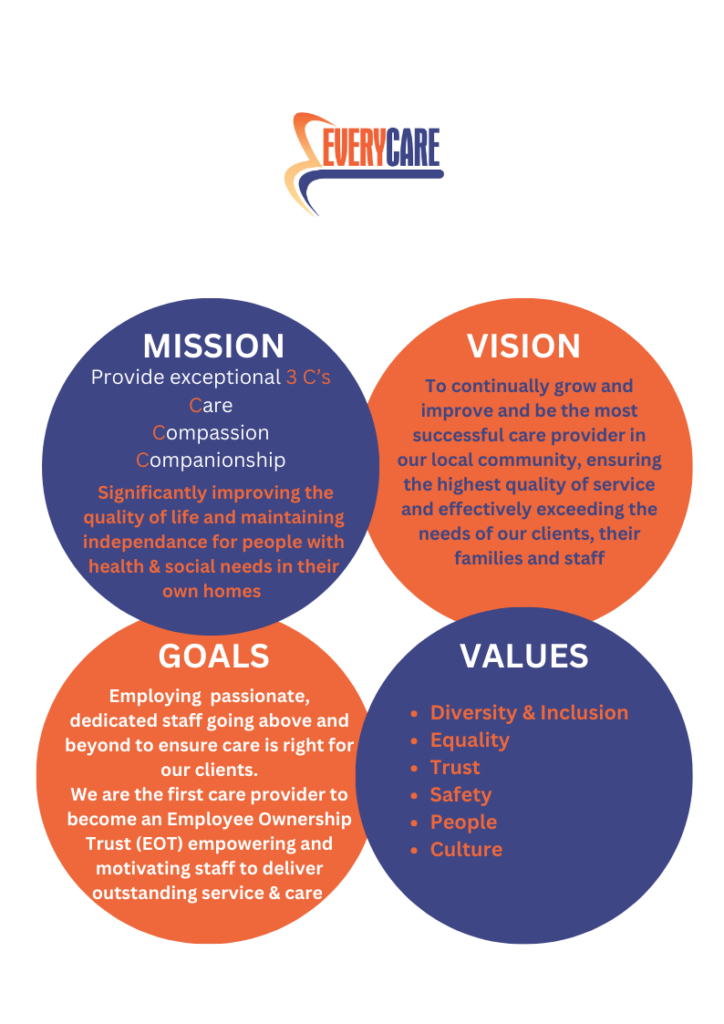 Personal Independence Payment, also known as PIP, is a benefit available to people who have a long-term health condition or disability. The benefit is intended to help cover the extra costs people can face due to the impact of their condition.
Personal Independence Payment, also known as PIP, is a benefit available to people who have a long-term health condition or disability. The benefit is intended to help cover the extra costs people can face due to the impact of their condition.
There are two components to PIP:
- Daily Living component
- Mobility component
If you are eligible for Personal Independence Payment, how much you receive will be based on which component is most relevant to you and your needs.
The Daily Living component is aimed at people who require additional assistance in everyday life such as with eating and drinking, washing and other personal tasks and communicating with others.
The Mobility component is based on providing assistance to those who find it difficult to get out and about due to their condition. This could be because they need physical help when outside of their home or require assistance with planning a trip, for example.
For more information on PIP rates visit the homecare.co.uk website
 We are excited to announce that Everycare Central Hampshire are finalists in the Home Care Awards 2025.
We are excited to announce that Everycare Central Hampshire are finalists in the Home Care Awards 2025.
Being named a Finalist for the Home Care Awards is an incredible achievement that reflects the dedication, hard work, and exceptional service of the company in the home care industry.
As a Finalist, the company have earned the trust and admiration of our peers and clients. Being recognised for such a prestigious award shows our unwavering commitment to quality, care, and innovation.

 If you’re in the process of looking for home care, whether for yourself or a loved one, one of the first things you’ll likely think of is how you are going to pay for care at home.
If you’re in the process of looking for home care, whether for yourself or a loved one, one of the first things you’ll likely think of is how you are going to pay for care at home.
Our detailed guide provides information about the average costs of home care and how much financial help you can expect from your local authority according to where you live in the UK. There is also information on a whole host of benefits you may be eligible for.
How much does home care cost per hour?
The price of home care also known as domiciliary care and in-home care does vary across the UK.
Home care in the UK costs on average between £23 to £34 per hour.
If you need home care two hours a day at a rate of £30 per hour, you will pay:
- £420 per week
- £1,680 per month
- £20,160 a year
Bear in mind that some care providers will charge a higher rate for weekends and bank holidays.
For more on this please read the full story at www.homecare.co.uk
 Personal Independence Payment, also known as PIP, is a benefit available to people who have a long-term health condition or disability. The benefit is intended to help cover the extra costs people can face due to the impact of their condition.
Personal Independence Payment, also known as PIP, is a benefit available to people who have a long-term health condition or disability. The benefit is intended to help cover the extra costs people can face due to the impact of their condition.


 If you’re in the process of looking for home care, whether for yourself or a loved one, one of the first things you’ll likely think of is how you are going to pay for care at home.
If you’re in the process of looking for home care, whether for yourself or a loved one, one of the first things you’ll likely think of is how you are going to pay for care at home.